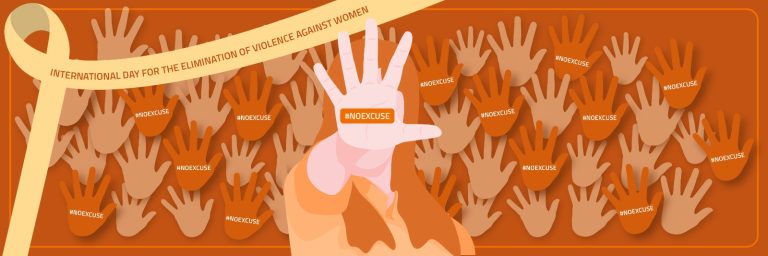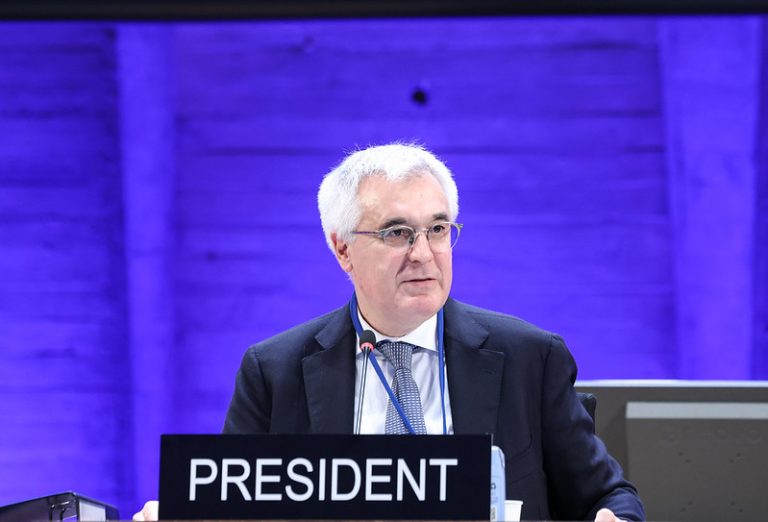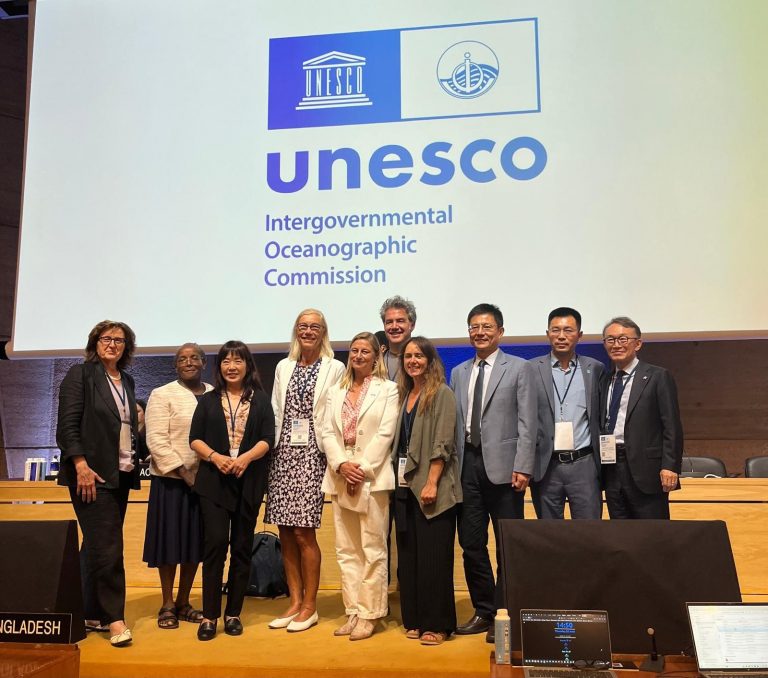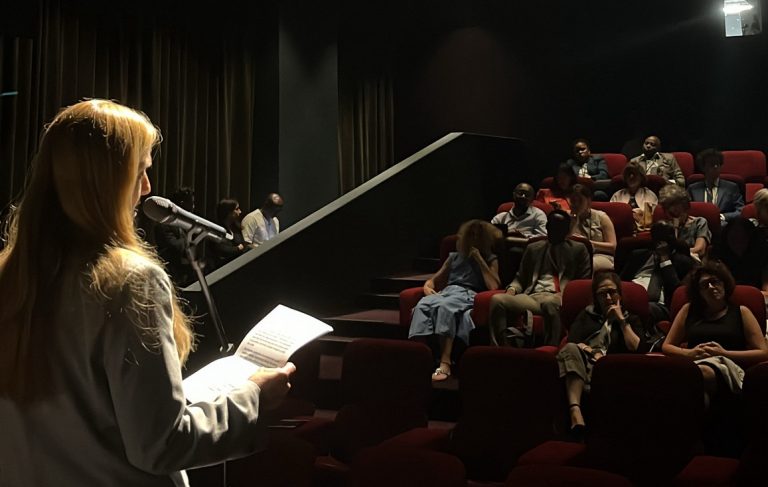“Water use increases at the global level, as a function of population growth, economic development and changing consumption patterns…Over the period 2017-2050 the world population is expected to increase from 7.7 billion to between 9.4 and 10.2 billion, with two thirds of the population living in cities…Global water use has increased by a factor of six over the past 100 years and continues to grow steadily at a rate of about 1% per year.”
“As humankind charts its course through the Antropocene, and tries to avoid the tragedies of the past, adopting NBS is not only necessary for improving water management outcomes and achieving water security, it is also critical for ensuring the delivery of co-benefits that are essential to all aspects of sustainable development. Although NBS are not a panacea, they play an essential role in building a better, brighter, safer and more equitable future for all.”
These are some extracts of the 2018 Edition of the World Water Development Report entitled “Nature-based Solutions for Water”, which was issued by the Secretariat of UNESCO’s WWAP (World Water Assessment Program) (based in Perugia, Italy).
The Report was officially launched by UNESCO’s Director-General Audrey Azoulay at the World Water Forum in Brasilia on March 2018. It takes stock of the enormous contribution of NBS for strengthening water resources, food security, agriculture, biodiversity, environment, reducing natural hazards and climate change. NBS work with nature instead of against it.
For further details and for downloading the Report:














